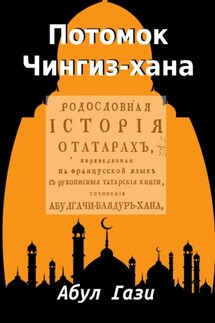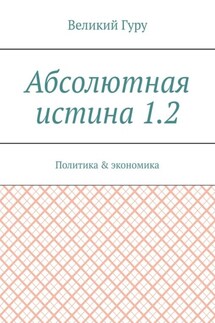The Koran research. Исследование Корана. Prerequisites for creation of the Koran. Предпосылки создания Корана - страница 7
It is hardly correct to believe that Islam from the very beginning was the religion of the emerging feudal elite. The original Islam was not a complete ideological teaching. Only in the process of Arab conquests and the organization of the Caliphate, it acquires pronounced class features.
The Muslim community, which existed in Medina, had a hierarchical structure, and there were quite significant differences between the members of the community. This is stated, in particular, in the Koran. The most fanatical supporters of the prophet (mu’minun) Quran puts above just «submissive» – muslimun. Those who hesitated did not take an active part in the Affairs of the community, the «Holy» book of Muslims calls munafikun – «indecisive». On their heads, the Koran unleashes terrible threats in the name of Allah.
The privileged members of the community were the Muhajirs (the prophet’s immediate entourage from Mecca), and the ansars, the majority followers of Muhammad in Medina, were in a subordinate position. The main severity of taxes (zakat) fell on their shoulders.
The conquest of Mecca accelerated and facilitated the Islamization of Arabia. Fate numerous tribal gods, already played its role, was solved. Their images, once so jealously revered, were desecrated and destroyed. By the end of 630, most of Arabia was already under the authority of the» messenger of Allah», and soon emerged centralized theocratic state used Islam as an ideological tool to strengthen the new social order in the country and the implementation of a broad policy of conquest far beyond its borders.
Already in the days of the first caliphs (Abu-Bekr, Omar and Osman), the Arabs were able to capture all the neighboring and even more remote areas and areas of the Middle East. By the 8th and 9th centuries, Islam had become a religion that dominated among the Nations that inhabited vast territories from Spain to the Persian Gulf.
Beginning with the 9th century Islam began to spread in Northern and North-Western India, began to penetrate deep into the African continent. In the 14—16 centuries, he came to Indonesia.
In the countries of the Balkan Peninsula, the Muslim religion spread because of the centuries-old domination of the Turks and was imposed forcibly. Islam covered the southern regions of Central Asia, was introduced in the North Caucasus, and in the 9—10 centuries – in the Volga-Kama basin and the Urals. The rulers of the Bulgarian Kingdom, interested in the monotheistic faith, were the first to adopt Islam in order to turn it into a state religion.
Historical documents show that the peoples of Central Asia, the North Caucasus and other regions have been stubbornly resisting Arab hordes. They strongly opposed the penetration of Islam.
The process of spreading Islam took a long time. In many areas, the violent imposition of Islam has dragged on for centuries. However, one should not think that violence alone ensured the spread of a new religion. Measures of material, socio-economic encouragement, moral and psychological pressure, persistent propaganda, the decline of local beliefs and, finally, but not least, the coincidence of the interests of the ruling classes with the interests of the conquerors-all these factors were in a complex intertwining and communication.
Belief in one God – Allah, in his messenger – Prophet Muhammad, in the eternity of the Koran, in angels and evil spirits (Jinn), on the Day of Judgment, in the afterlife retribution (heaven and hell) – the basic tenets of Islam. They are reflected in the following verse of the Qur’an:»[4.135] O you who beljeve! be maintainers of justice, bearers of witness of Allah’s sake, though it may be against your own selves or (your) parents or near relatives; if he be rich or poor, Allah is nearer to them both in compassion; therefore do not follow (your) low desires, lest you deviate; and if you swerve or turn aside, then surely Allah is aware of what you do.









